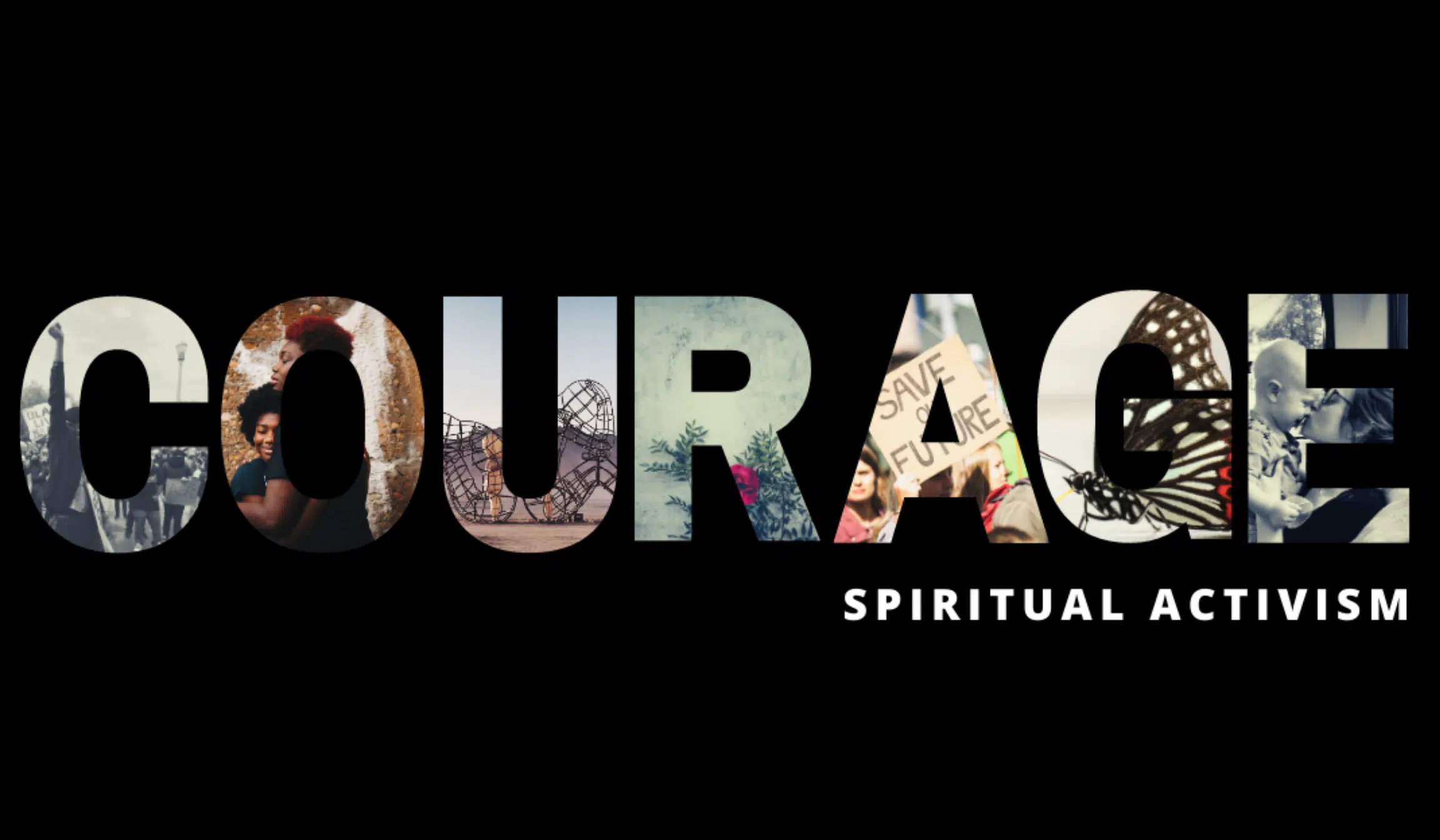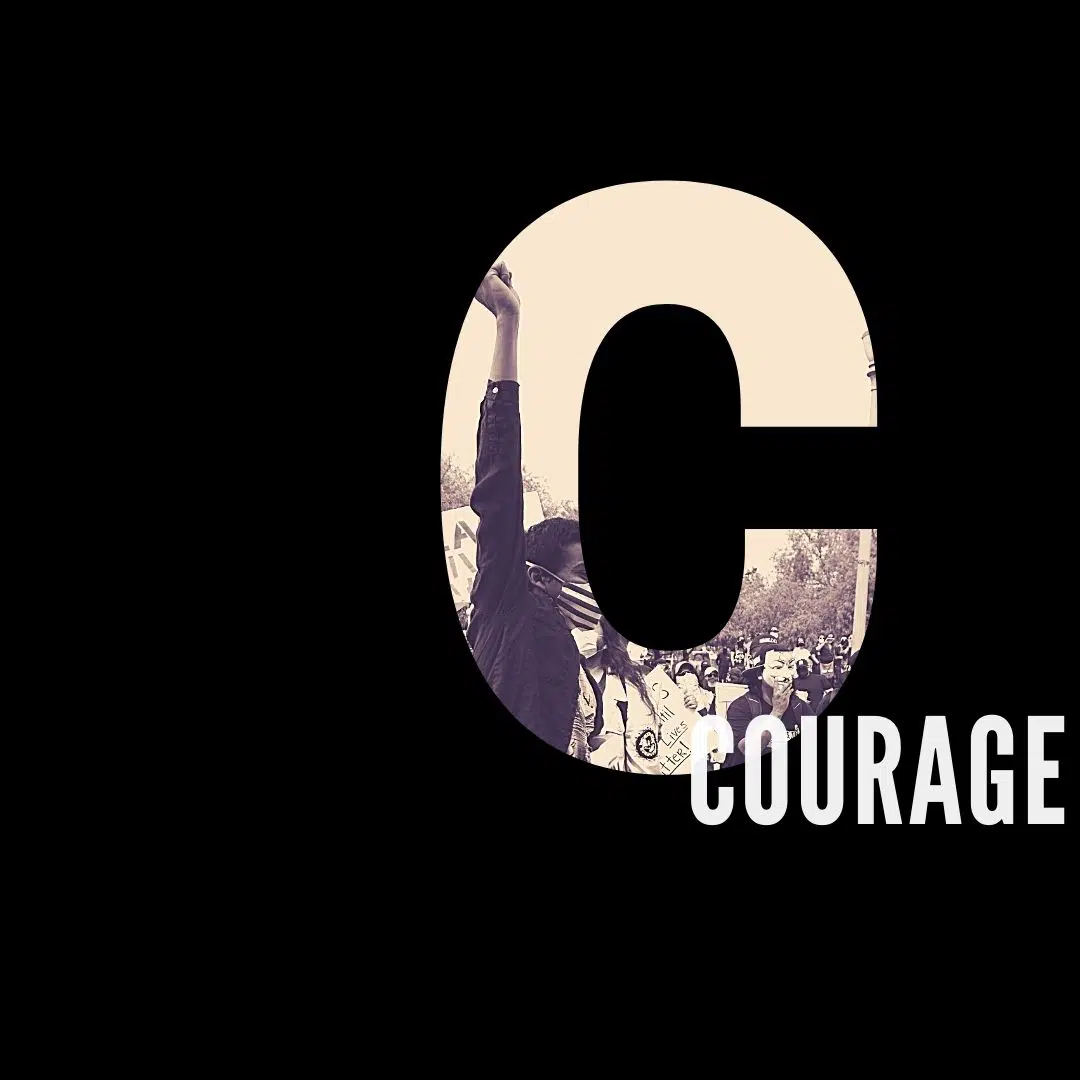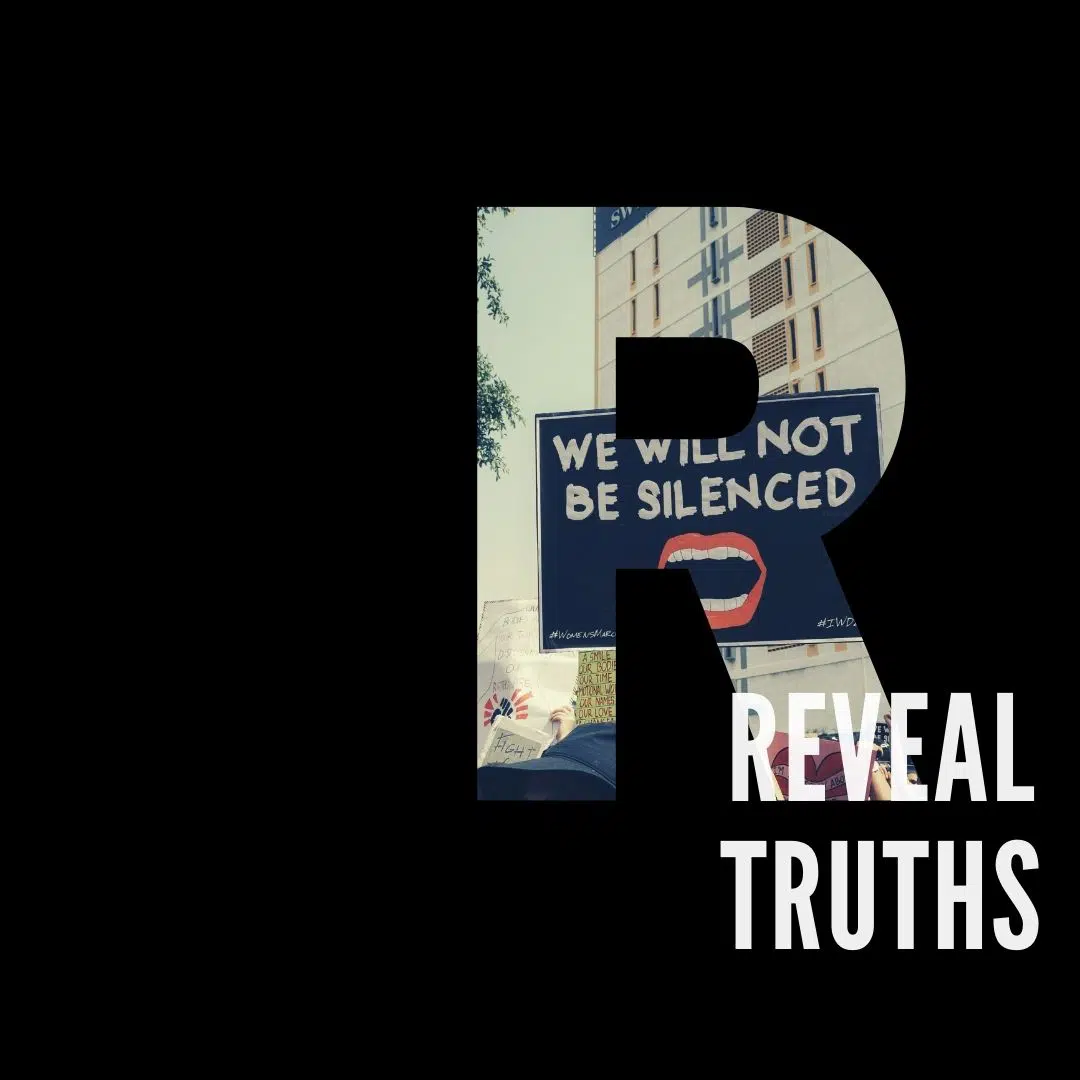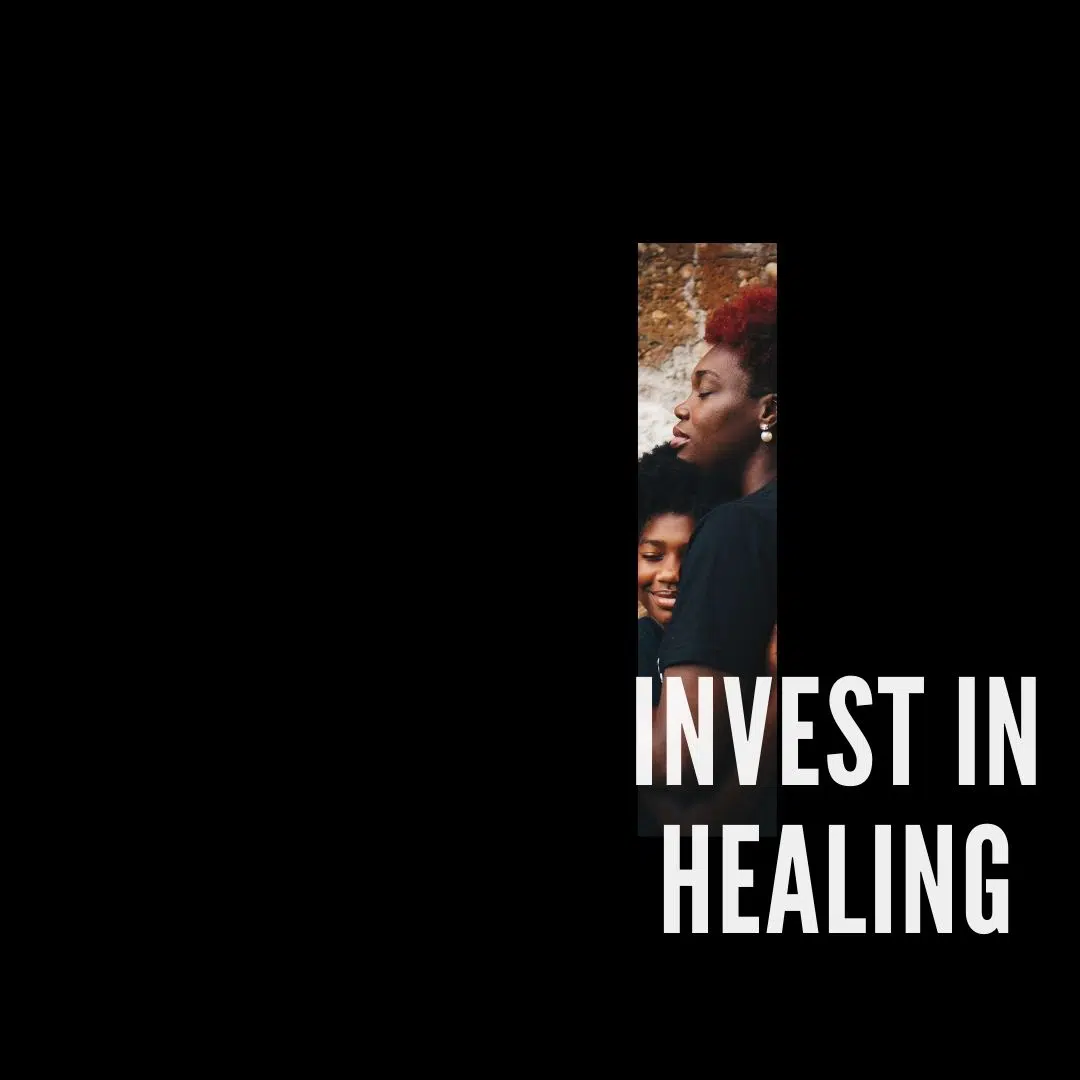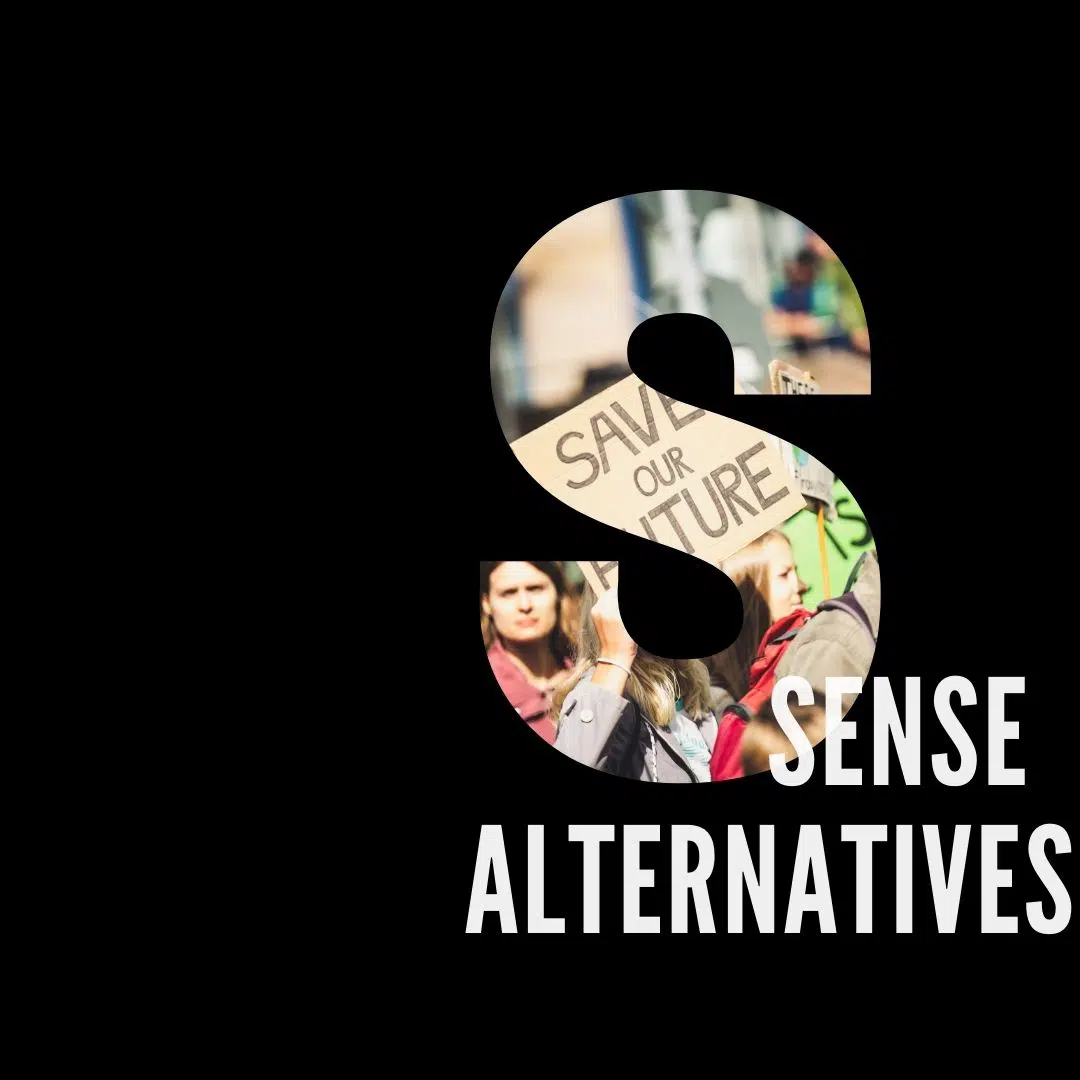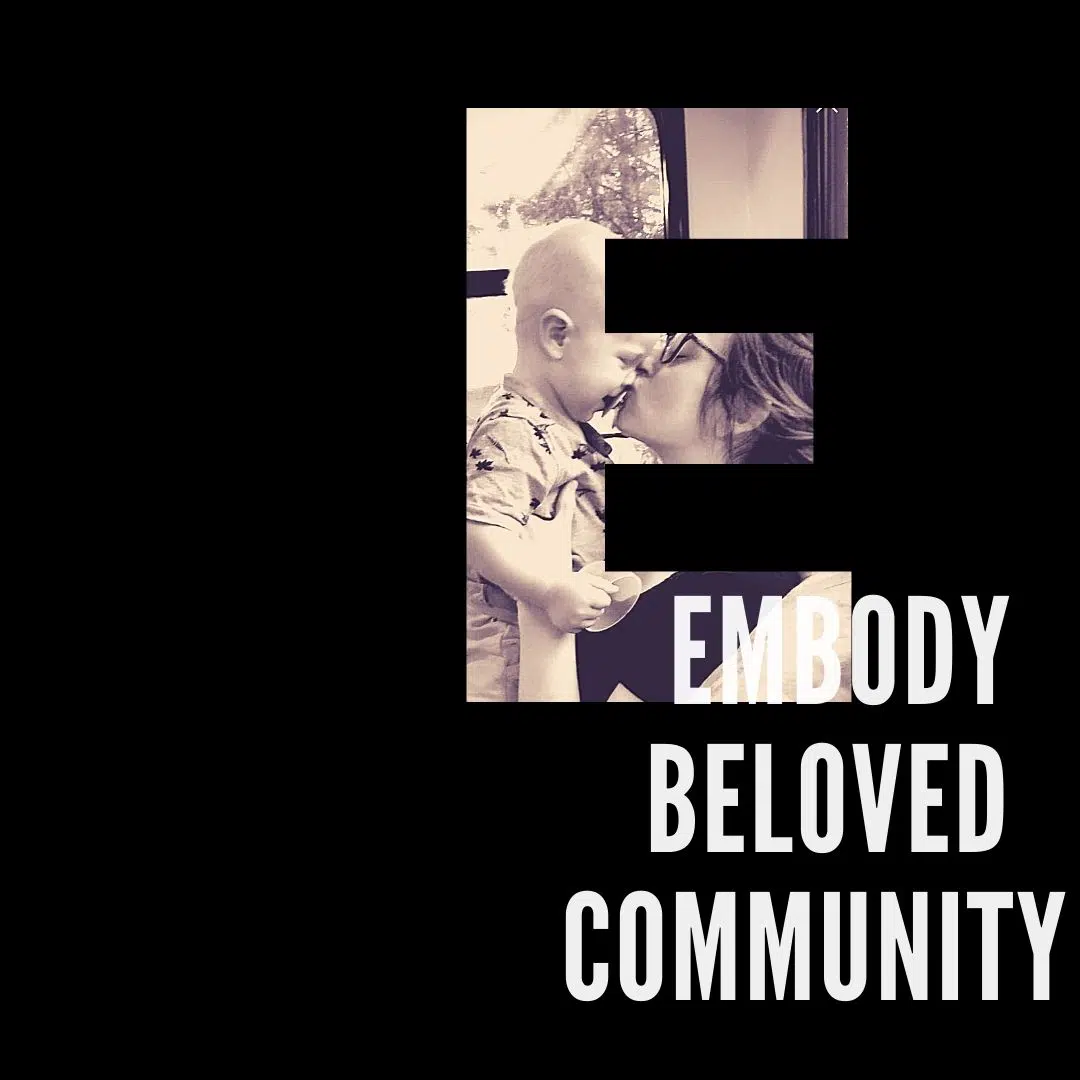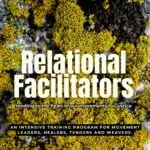WE'RE IN IT TOGETHER
We are living in an unprecedented era. The dual pandemics of white supremacy and COVID-19 are drawing worldwide attention to the deep economic, social and environmental injustices of our time.
This moment requires urgent action. We are called to fiercely and uncompromisingly affirm and protect all Black and Indigenous lives from ongoing police brutality and centuries of systemic oppression, and to do so for the sake of all of our humanity.
These times also call for deep reflection. While we sense tremendous possibility for a more compassionate and just world in this moment, we know that we need to sustain ourselves and each other for the movement. Although the world is showing an incredible readiness for change, the outcome of this pandemic and the largest civil rights uprising in recent history is not fixed. At this inflection point, it is crucial that we do not return to business as usual. Realizing this potential will require significant culture change.
This five-part course offers an introduction to the theory and practice of our framework for liberatory practice, CourageRISE.
